GLOBAL
POLICY LAB
Overview Proposal
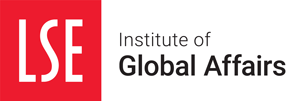
Reforming Global Finance Architecture
GLOBAL POLICY LAB

London School of Economics and Political Science
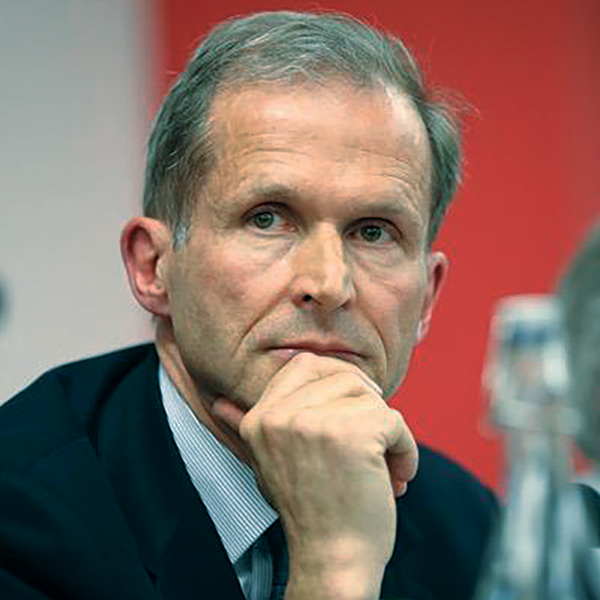
Critics of the Report say that the proposals are not going far enough and that implementation efforts are too timid. Yet, at a time of populism and major backlash against multilateralism and the institutions of global governance, the EPG Report is the best thing we can hope for – a comprehensive and analytically astute benchmark for the necessary discussion of a new multilateralism. Some proposals could have gone further and all ideas are not fully developed, reflecting political constraints, but they can now be picked up by others and taken further.
GLOBAL POLICY LAB

Global Financial
System Work
for All
n April 2017, the G20 Eminent Persons Group on Global Financial Governance was asked by the G20 Finance Ministers and Central Bank Governors to recommend reforms to the global financial architecture and governance of the system of International Financial Institutions (IFIs) so as to promote economic stability and sustainable growth in a new global era; and to consider how the G20 could better provide continued leadership and support for these goals. The result was the first of its kind global report titled “Making the Financial System Work for All.”
At the heart of the report is the future of the open and competitive world order that has brought a large part of humanity out of poverty, raised living standards across nations, and provided the foundation for unprecedented global peace over the last 70 years. That open order remains critical to every nation’s future. But the system of international governance and cooperation that underpins it is fraying. Left on its own, there is a real risk of drift into a fragmented world, with policies in different parts of the world working at odds with rather than reinforcing each other, and with all nations ending up losing.
GLOBAL POLICY LAB

Overview proposals
Re-focus on governance capacity and human capital, as foundations for a stronger investment climate.
Build effective country platforms to mobilize all development partners to unlock investments, and maximize their contributions as a group, including by convergence around core standards.
Implement regional platforms to facilitate transformational cross-border investments and connectivity.
Reduce and diversify risk on a system-wide basis to mobilize significantly greater private investment, including portfolio-based infrastructure financing.
Proposal 4a:
Shift the basic business model of the MDBs from direct lending towards risk mitigation aimed at mobilizing private capital.
Proposal 4b:
Develop system-wide political risk insurance and expand use of private reinsurance markets. Proposal
Proposal 4c:
Build a developing country infrastructure asset class with the scale and diversification needed to draw in institutional investors.
Right-size’ capital requirements for MDBs and other investors in infrastructure, given their default experience.
Proposal 5a:
Establish tailor-made capital and liquidity frameworks for the MDBs.
Proposal 5b:
Review the regulatory treatment of infrastructure investment by institutional investors.
Strengthen joint capacity to tackle he challenges of the global commons.
Proposal 6a:
Integrate activities in support of the global commons into the IFIs’ core programs, and coordinate them within country platforms.
Proposal 6b:
Create global platforms with the UN guardian agency and the World Bank coordinating and leveraging on the key players in each of the commons.
GLOBAL POLICY LAB

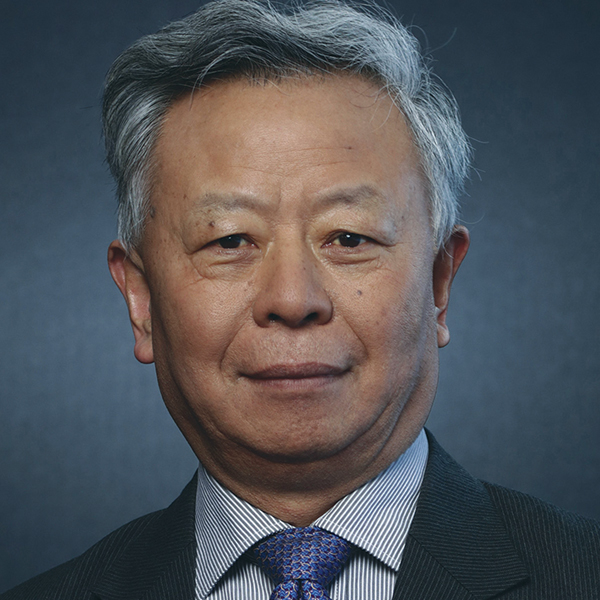
At the same time, investments through external borrowing should not undermine debt sustainability or leave a big footprint in environmental and ecological systems. Achieving all these not quite congruous objectives is the only way to secure buy-in from the people for these actions. This makes it all the more important to identify a fresh approach to development based on our collective experiences. In this context, MDBs should ramp up their efforts to be more responsive, innovative, efficient and cost-effective, and they have to break away from outdated modus operandi.
GLOBAL POLICY LAB

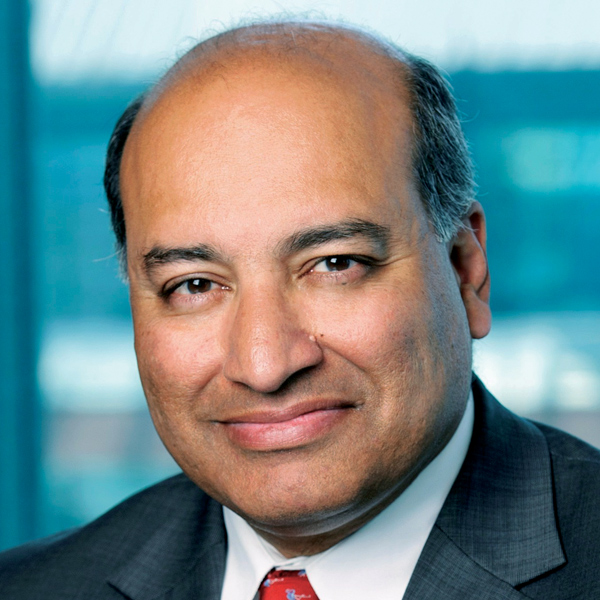
I therefore heartily welcomed the strong message from the G20 Eminent Persons Group (EPG) on Global Financial Governance. The EPG made an articulate and unapologetic call for a well functioning multilateral system, alongside national governments and other actors. In championing the case for bolstering the system, the EPG also conveyed a sense of urgency for action.
To deliver the Sustainable Development Goals (SDGs) by 2030, the multilateral system, in partnership with national governments and the private sector, needs to deliver better, more and faster. This is true especially as the world faces a number of global challenges, climate change being the major one. And Africa, with its fast growing population, and the region most behind on achieving the SDGs, is another priority.
GLOBAL POLICY LAB

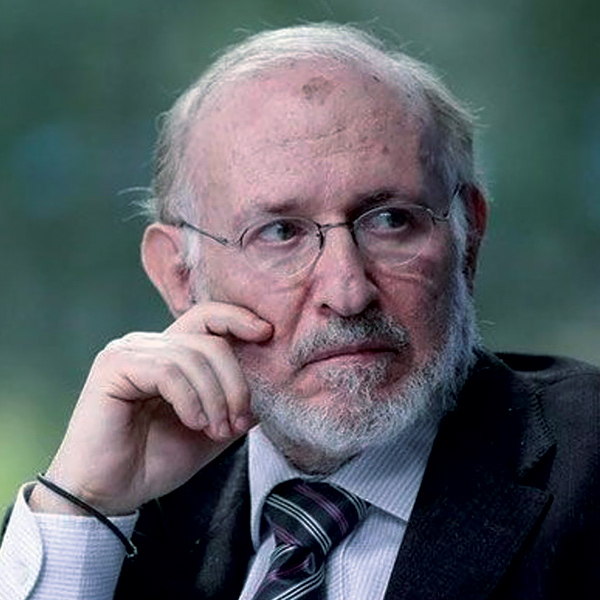
At the center of the current structure of multilateralism are the two pillars of the post Second World War system: the International Monetary Fund and the World Bank. These two organizations constitute the vertebral column of the global international relationships and one of its prominent features is indeed its global, i.e., universal membership. All independent countries in the world have the right of membership in both organizations. In that sense they follow the nature of the United Nations organization to whom they formally belong. There are however two very important, perhaps crucial, differences between the membership structure in the United Nations and these financial organizations. These differences can be summarized in the concept of “constituency” and “weighted voting rights”. While in the United Nations all countries are directly represented by a delegation of each countries and all countries have their own representatives in the General Assembly, in the International Monetary Fund only a few selected countries are directly present with their own Executive Director while the majority belong to constituencies where clusters of countries are organized in groups with a single representative of the group being the Executive Director for each for the whole. Leadership of the constituency can rotate or be fixed to some extent – without clear criteria. The World Bank is similarly organized.
GLOBAL POLICY LAB

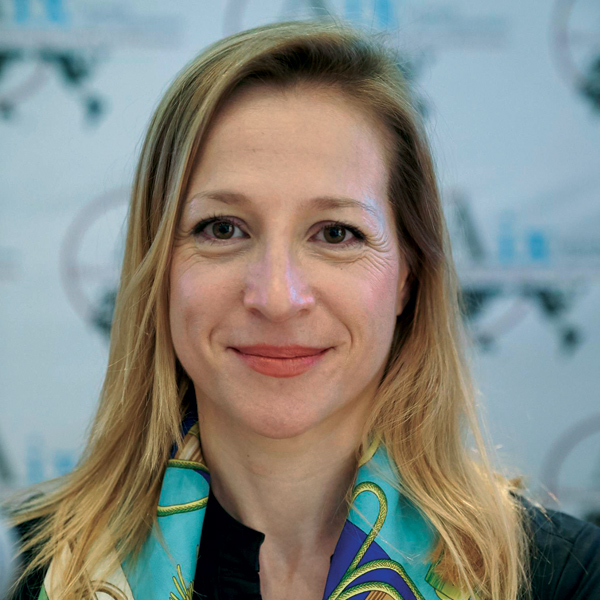
The Eminent Persons Group (EPG) identified as a key goal for the G20 to secure the benefits of interconnected financial markets and in particular to enable countries to utilize international capital flows without risks arising from excessive market volatility. That this goal remains an aspiration in 2019 despite the innovations introduced in the wake of the global financial crisis (GFC) is telling. FX liquidity lines are an important area where gaps persist.
When the GFC broke out, FX swap lines quickly emerged as a gap in the global safety net that we hitherto didn’t know existed—specifically, even countries without significant imbalances and reserve currency issuers could find themselves in urgent need of vast amounts of foreign cash, courtesy of their banks’ funding models. In the event, it was promptly remedied, with the US Federal Reserve (Fed) and then other major central banks quickly stepping in. Does this mean we can trust this gap will not reemerge in the next crisis? Far from it.
GLOBAL POLICY LAB


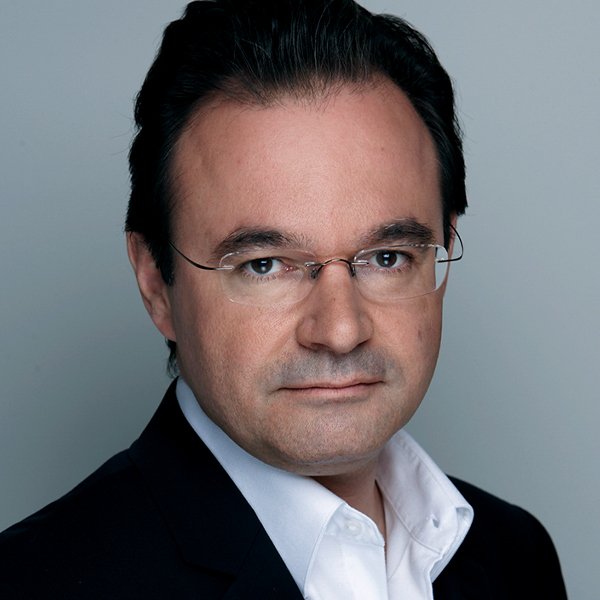
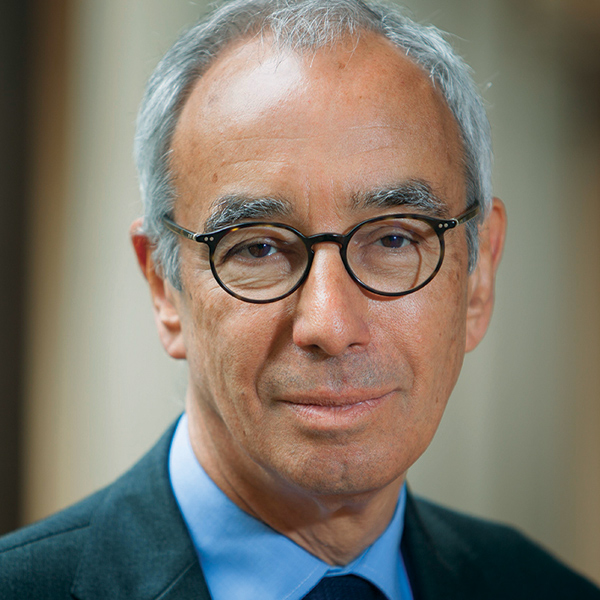
The ongoing review of the contributions and associated voting rights of individual countries in the IMF—an opportunity to reinforce the global financial safety net (GFSN) – has stalled. The US claims that it does not need more resources – the IMF is “right-sized” – and like Europe does not want voting rights to change. China and other emerging economies, on the other hand, are willing to provide more resources in exchange for increased influence.
The GFSN is essential to prevent or contain the risk and impact of economic and financial crises, and promote economic stability. Whether it consists of national reserves, bilateral support, regional schemes, or multilateral assistance mechanisms, its operation spurs investment and sustainable growth, helping the global financial system work for all. Ensuring it remains “fit for purpose” and effective is an important part of the reforms to the global financial architecture and governance proposed by the G20 Eminent Persons Group on global financial governance.
GLOBAL POLICY LAB

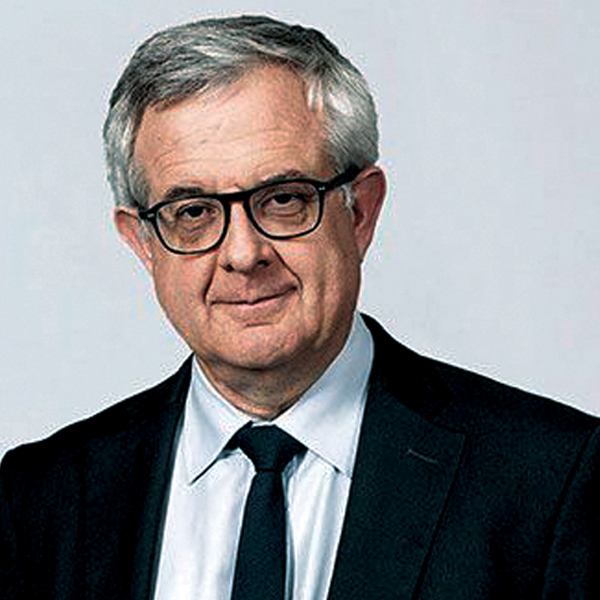
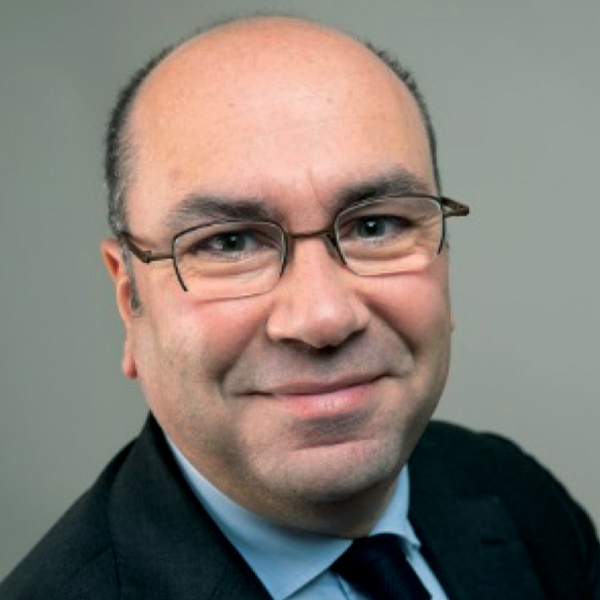
Long-term investors are increasingly becoming aware of climate change risks and the need to take measures that will curb them. Despite this growing awareness, however, there is still a lack of products to help clients align their portfolio in the low carbon economy and finance the massive needed green infrastructure.
This constitutes the foundation of Amundi Planet Emerging Green One (AP EGO), launched in February 2018 by Amundi and International Finance Corporation (IFC). To date, it is the largest green bond fund in the world having raised $1.4 billion from institutional investors and expected to deploy $2 billion by 2025. The fund’s sole focus is emerging markets.
The origins of the strategy are rather notable, with both Amundi and IFC having decided to collaborate and develop a game-changing approach with multiple facets.